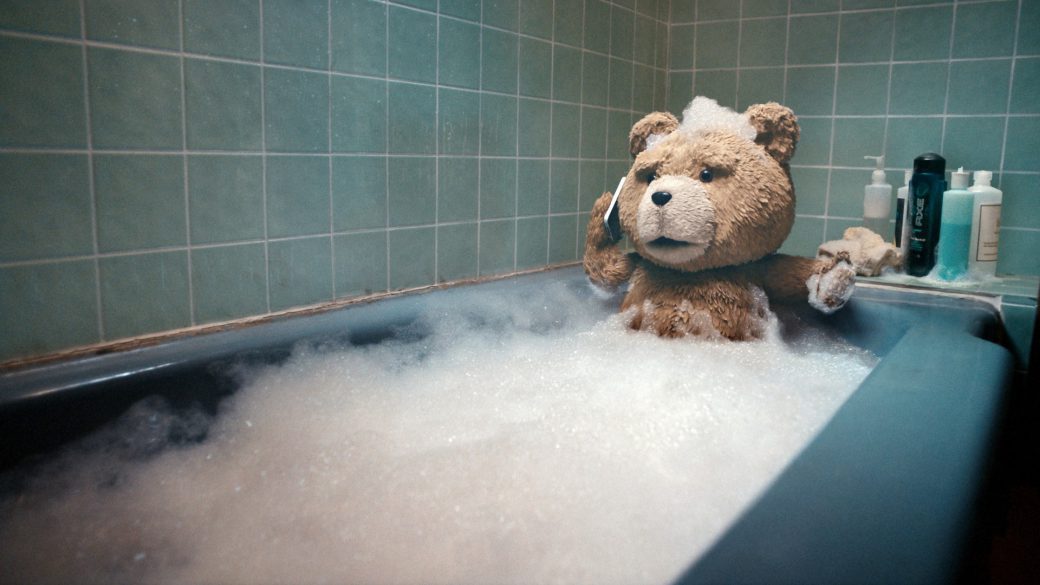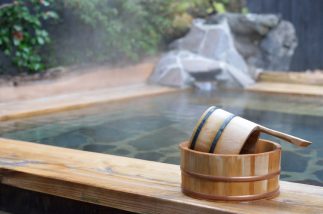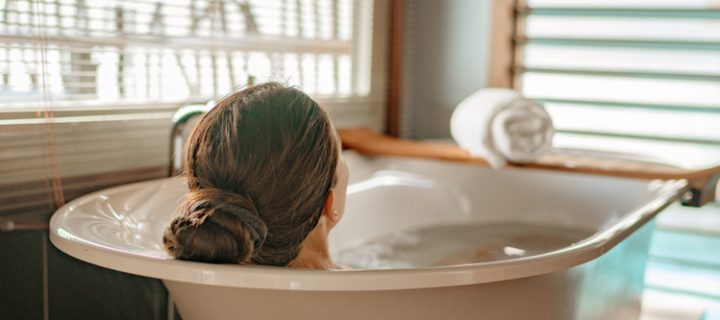If you’re sweating over the fact you hate exercise, but want to manage your weight, keep sweating… in a hot bath!
Because then you’ll need to take a hot bath – which according to a study published in Temperature, offers the same health benefits of exercise (plus, you won’t stink).
Researchers from Loughborough University analyzed the effects of a hot bath on blood sugar and burned calories. They claim a hot bath burns 140 calories, or roughly what someone would torch over a 30-minute walk.
Another benefit, says study author Steve Faulkner, is that this “repeated passive heating may contribute to reducing chronic inflammation, which is often present with long-term diseases, such as type 2 diabetes.”
Related: Extra Exercise Doesn’t Necessarily Burn Extra Calories

The study was small – just 14 men participated in the research. They had them sit either in an hour-long hot bath, or work through one hour of cycling. After 24 hours, the research team documented their blood sugar levels, as well as calories burned.
Cycling did result in higher calorie burn overall, though both burning techniques led to similar blood sugar figures.
 Faulkner also referenced many studies exploring how passive heating helps human health, including a 2015 study from Finland, which found for men, “frequent saunas can reduce the risk of having a heart attack or stroke.” A study from the University of Oregon in 2016 concluded hot baths might lower blood pressure, too.
Faulkner also referenced many studies exploring how passive heating helps human health, including a 2015 study from Finland, which found for men, “frequent saunas can reduce the risk of having a heart attack or stroke.” A study from the University of Oregon in 2016 concluded hot baths might lower blood pressure, too.
Faulkner went all the way back to 1999, citing a study from Philip Hooper of Colorado’s McKee Medical Center in 1999 that looked at the effects of what three weeks of hot tub therapy would have on Type 2 diabetes patients.
Related: How Often Should You Shower?
The patients saw improvements across the board: body weight, blood sugar, and insulin dependence trended positively.
“Since this early investigation, few studies have investigated the potential for passive heating to improve blood sugar control in humans,” Faulkner wrote. “With our study, we have tried to reignite interest in the health benefits that may be linked to passive heating.”
Photo credit: Maridav/Shutterstock












